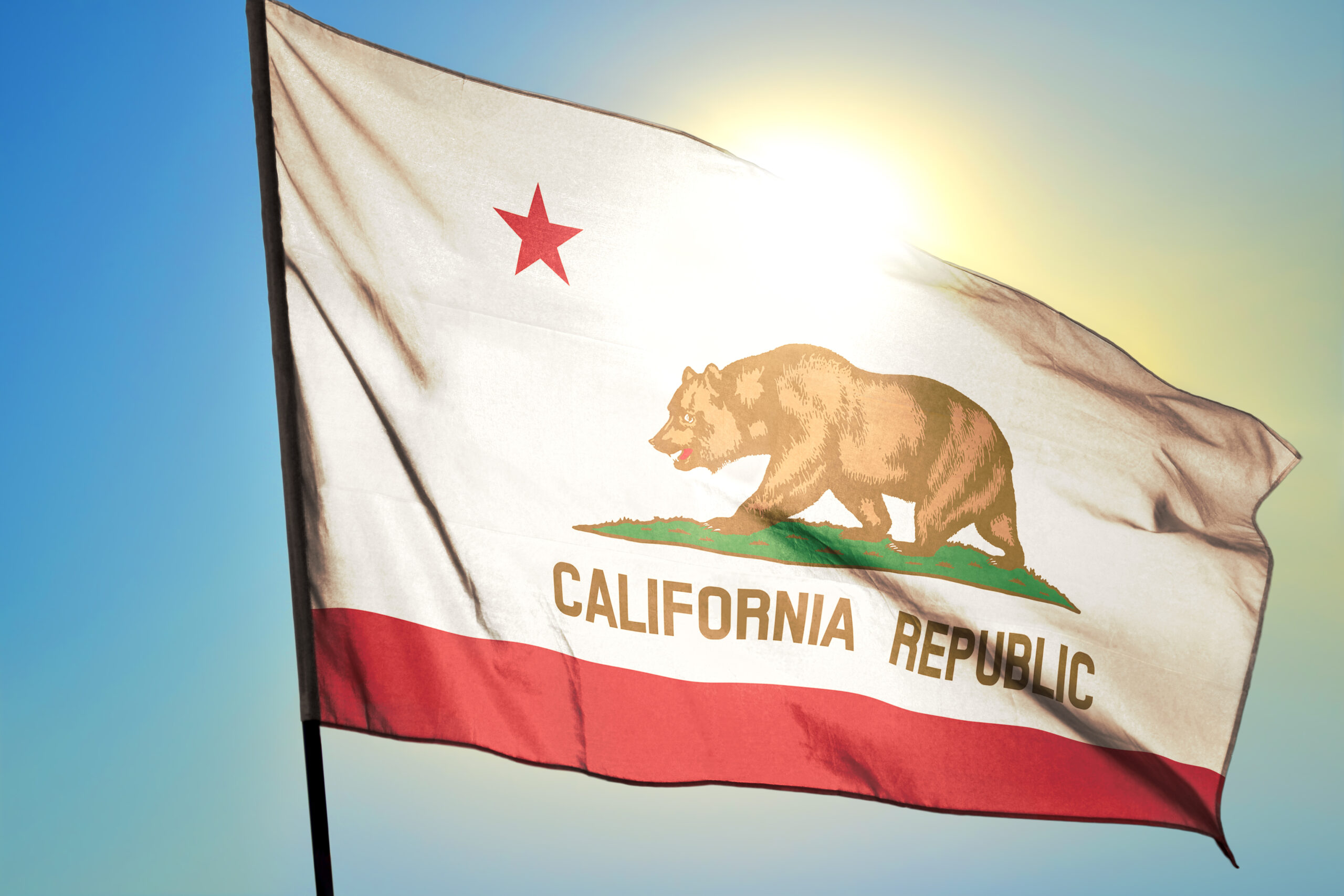
Reflections on California’s Age-Appropriate Design Code in Advance of Oral Arguments
Co-authored with Isaiah Hinton, Policy Intern for the Youth and Education Team Update: On Wednesday, July 17th, the U.S. 9th Circuit Court of Appeals heard oral arguments for an appeal of the District Court’s preliminary injunction of the California Age-Appropriate Design Code Act (AADC). Judges Milan Smith Jr., Mark Bennett, and Anthony Johnstone appeared interested […]

NEW FPF REPORT: Confidential Computing and Privacy: Policy Implications of Trusted Execution Environments
Written by Judy Wang, FPF Communications Intern Today, the Future of Privacy Forum (FPF) published a paper on confidential computing, a privacy-enhancing technology (PET) that marks a significant shift in the trustworthiness and verifiability of data processing for the use cases it supports, including training and use of AI models. Confidential computing leverages two key […]

FPF Launches Effort to Advance Privacy-Enhancing Technologies, Convenes Experts, and Meets With White House
FPF’s Research Coordination Network will support developing and deploying Privacy-Enhancing Technologies (PETs) for socially beneficial data sharing and analytics. JULY 9, 2024 — Today, the Future of Privacy Forum (FPF) is launching the Privacy-Enhancing Technologies (PETs) Research Coordination Network (RCN) with a virtual convening of diverse experts alongside a high-level, in-person workshop with key stakeholders […]
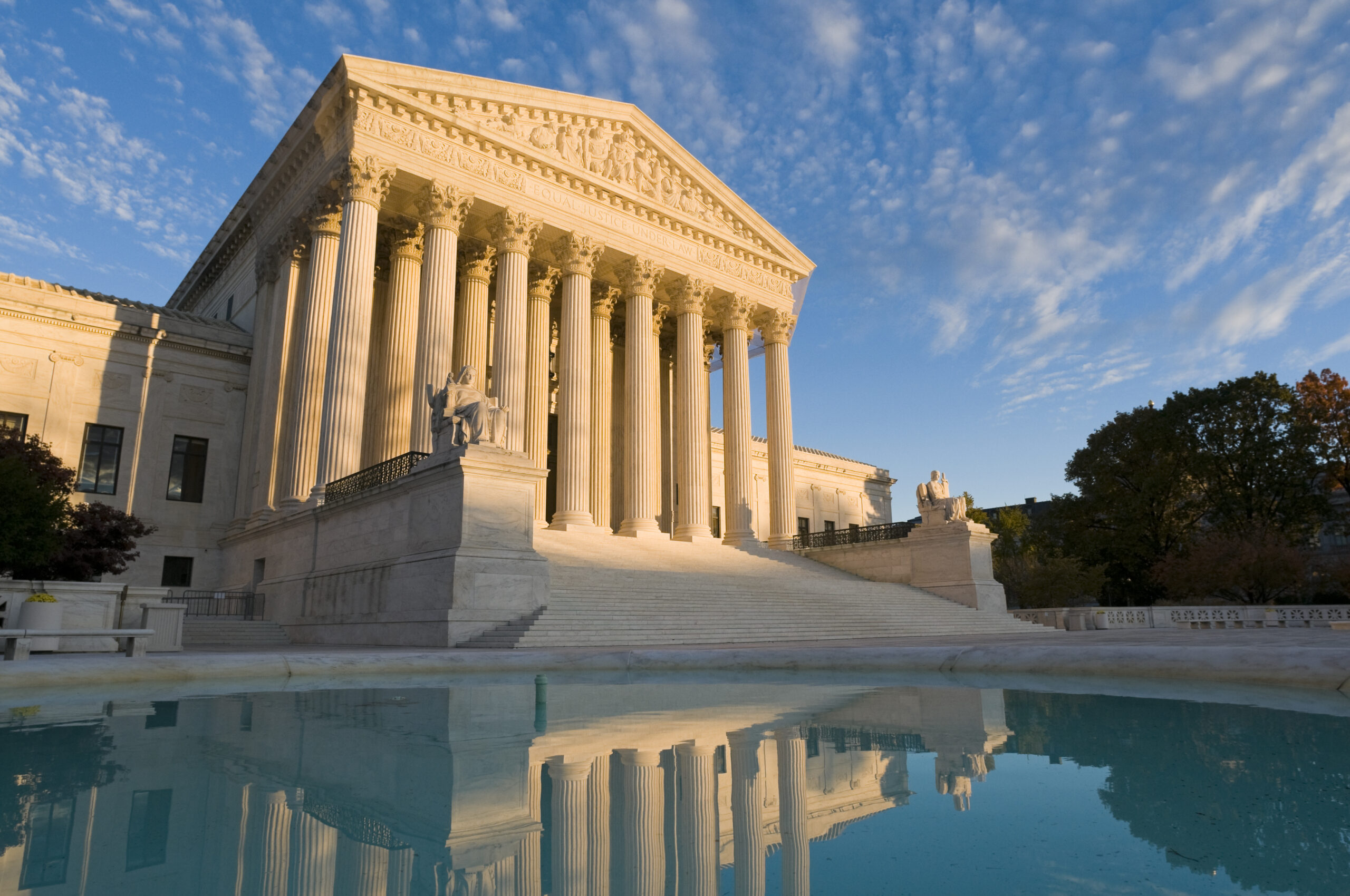
Chevron Decision Will Impact Privacy and AI Regulations
The Supreme Court has issued a 6-3 decision in two long-awaited cases – Loper Bright Enterprises v. Raimondo and Relentless, Inc. v. Department of Commerce – overturning the legal doctrine of “Chevron deference.” While the decision will impact a wide range of federal rules, it is particularly salient for ongoing privacy, data protection, and artificial […]
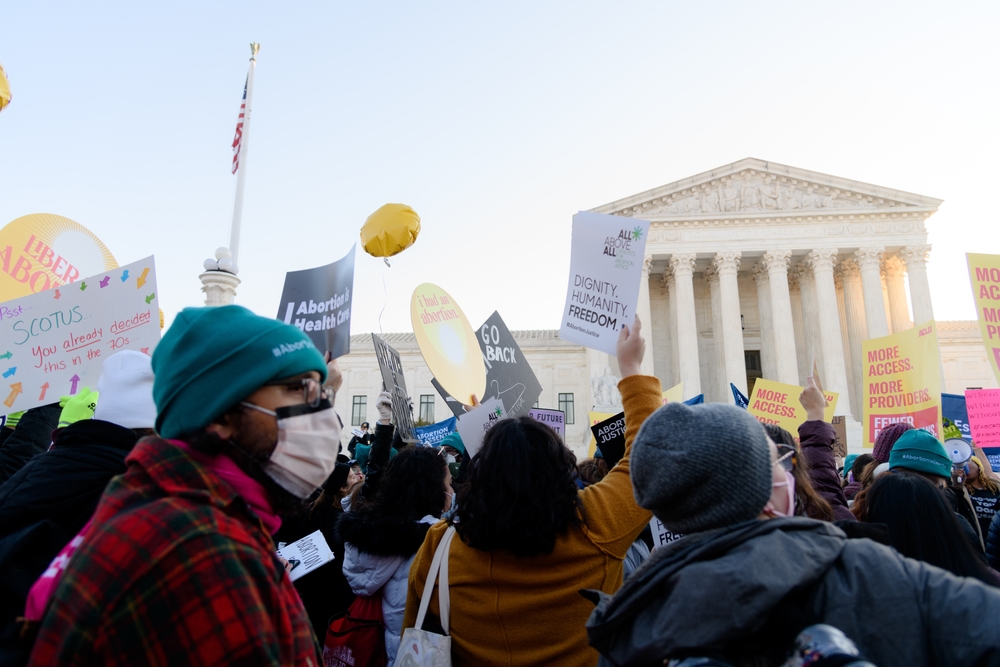
Reproductive Rights Have Been Privacy Rights For 50 Years
About fifty years ago, the U.S. Supreme Court decided a case that would provide the basis for federal privacy protections for reproductive health decisions. The importance of protecting reproductive information and choice, particularly where abortion was concerned, was the basis for Roe v. Wade (1973) and Planned Parenthood v. Casey (1992), which provided women and […]

The World’s First Binding Treaty on Artificial Intelligence, Human Rights, Democracy, and the Rule of Law: Regulation of AI in Broad Strokes
The Council of Europe’s (CoE) Framework Convention on Artificial Intelligence and Human Rights, Democracy, and the Rule of Law (Framework Convention on AI) was adopted on 17 May 2024, after two years of drafting and negotiation. This is the world’s first binding treaty on AI, focusing on protecting human rights, democracy and the rule of […]

Newly Updated Guidance: FPF Releases Updates to the Generative AI Internal Policy Considerations Resource to Provide New Key Lessons For Practitioners
Today, the Future of Privacy Forum (FPF) Center for Artificial Intelligence is releasing a newly updated version of our Generative AI internal compliance document – Generative AI for Organizational Use: Internal Policy Considerations, with new content addressing organizations’ ongoing responsibilities, specific concerns (e.g., high-risk uses), and lessons taken from recent regulatory enforcement related to these technologies. […]
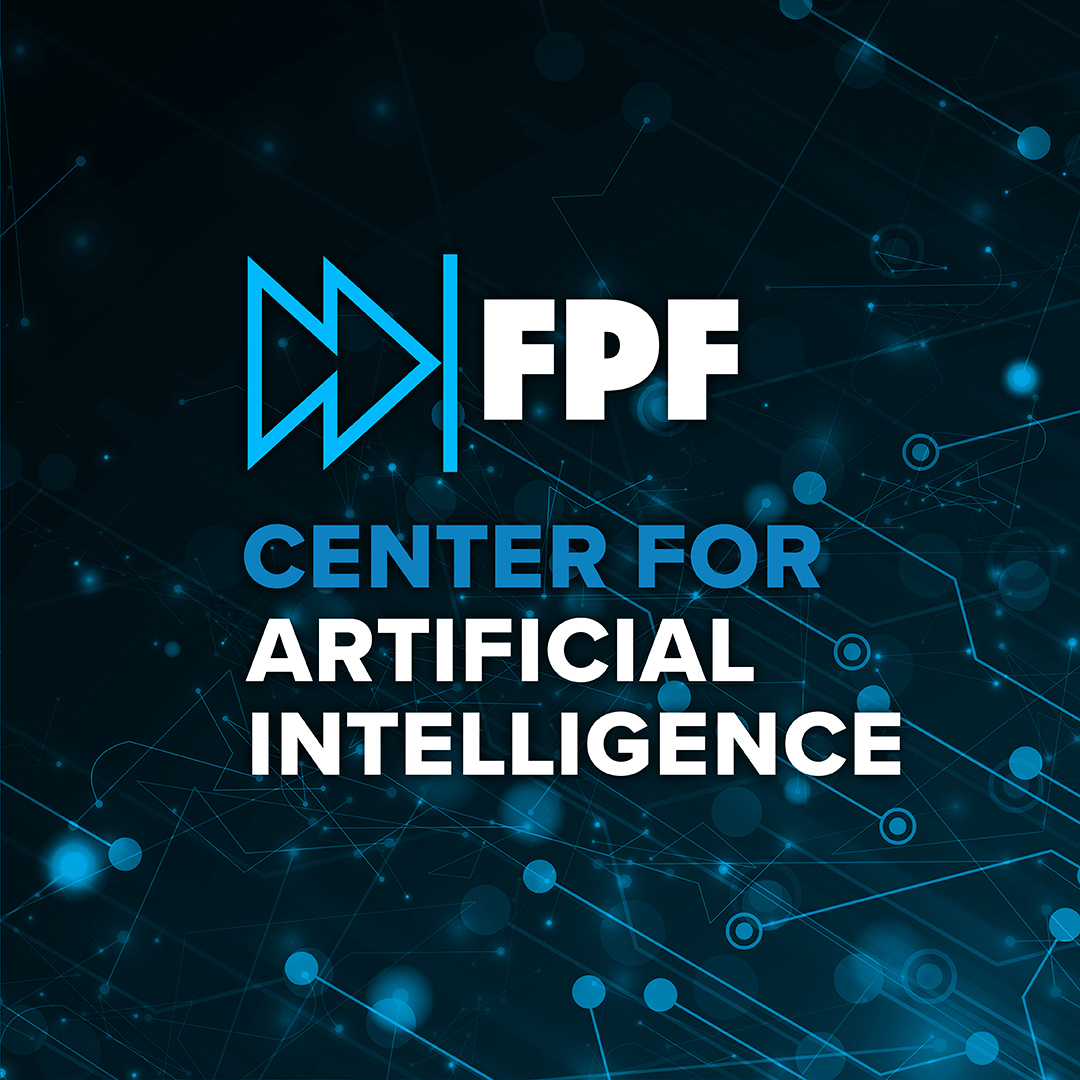
Future of Privacy Forum Launches the FPF Center for Artificial Intelligence
The FPF Center for Artificial Intelligence will serve as a catalyst for AI policy and compliance leadership globally, advancing responsible data and AI practices for public and private stakeholders Today, the Future of Privacy Forum (FPF) launched the FPF Center for Artificial Intelligence, established to better serve policymakers, companies, non-profit organizations, civil society, and academics […]
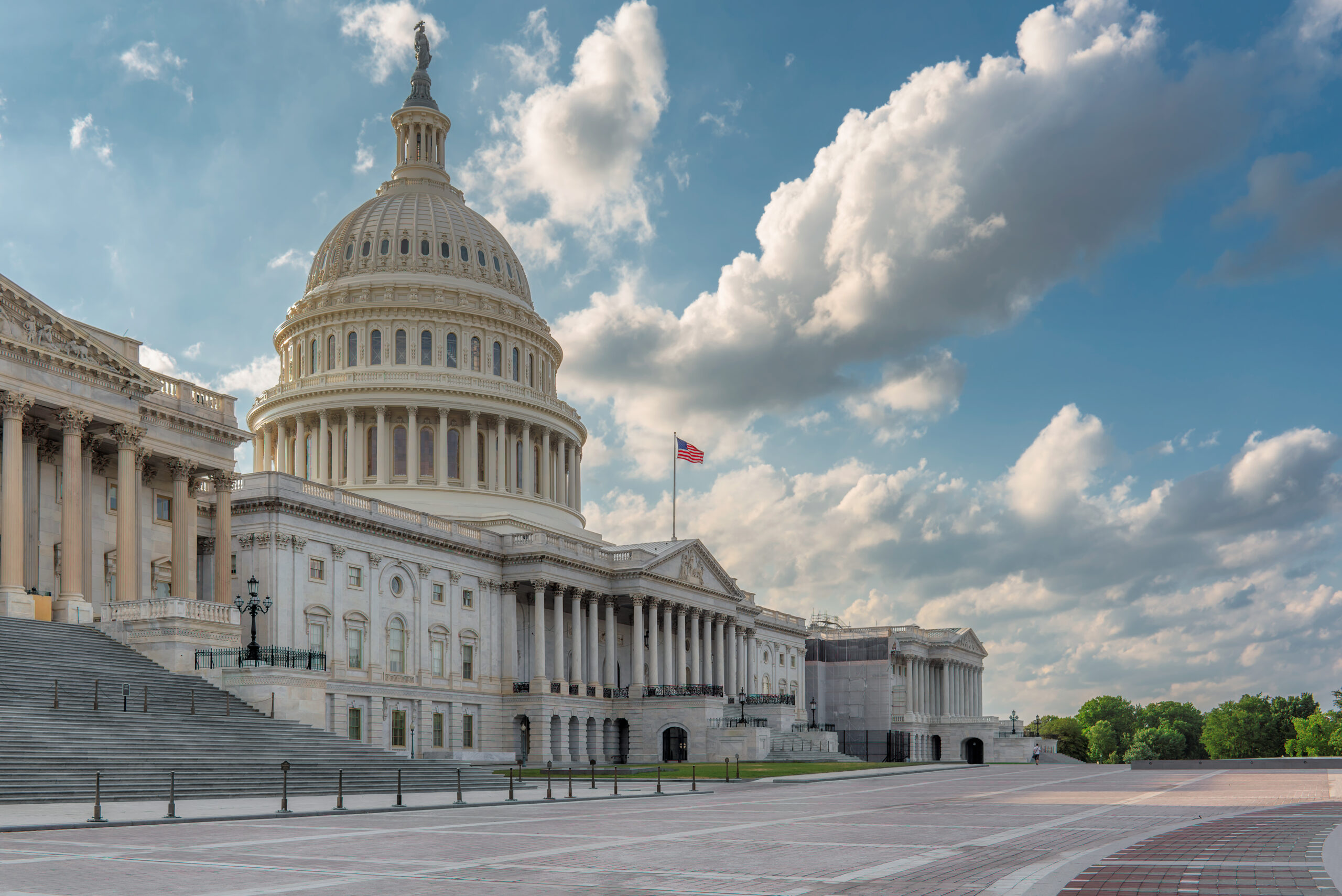
FPF Statement on the House Energy and Commerce Subcommittee on Innovation, Data and Commerce’s May 23 unanimous House subcommittee vote on the American Privacy Rights Act
Today, the House Energy and Commerce Subcommittee on Innovation, Data and Commerce unanimously passed the revised draft of the American Privacy Rights Act.

Peak Privacy: Vermont’s Summit on Data Privacy
On June 13, 2024, Governor Phil Scott vetoed H. 121. This marked the first governor veto of a comprehensive privacy bill passed by the state legislature. Immediately prior to the close of the state legislative session on May 10, 2024, the Vermont legislature passed H. 121, “An act relating to enhancing consumer privacy and the […]
